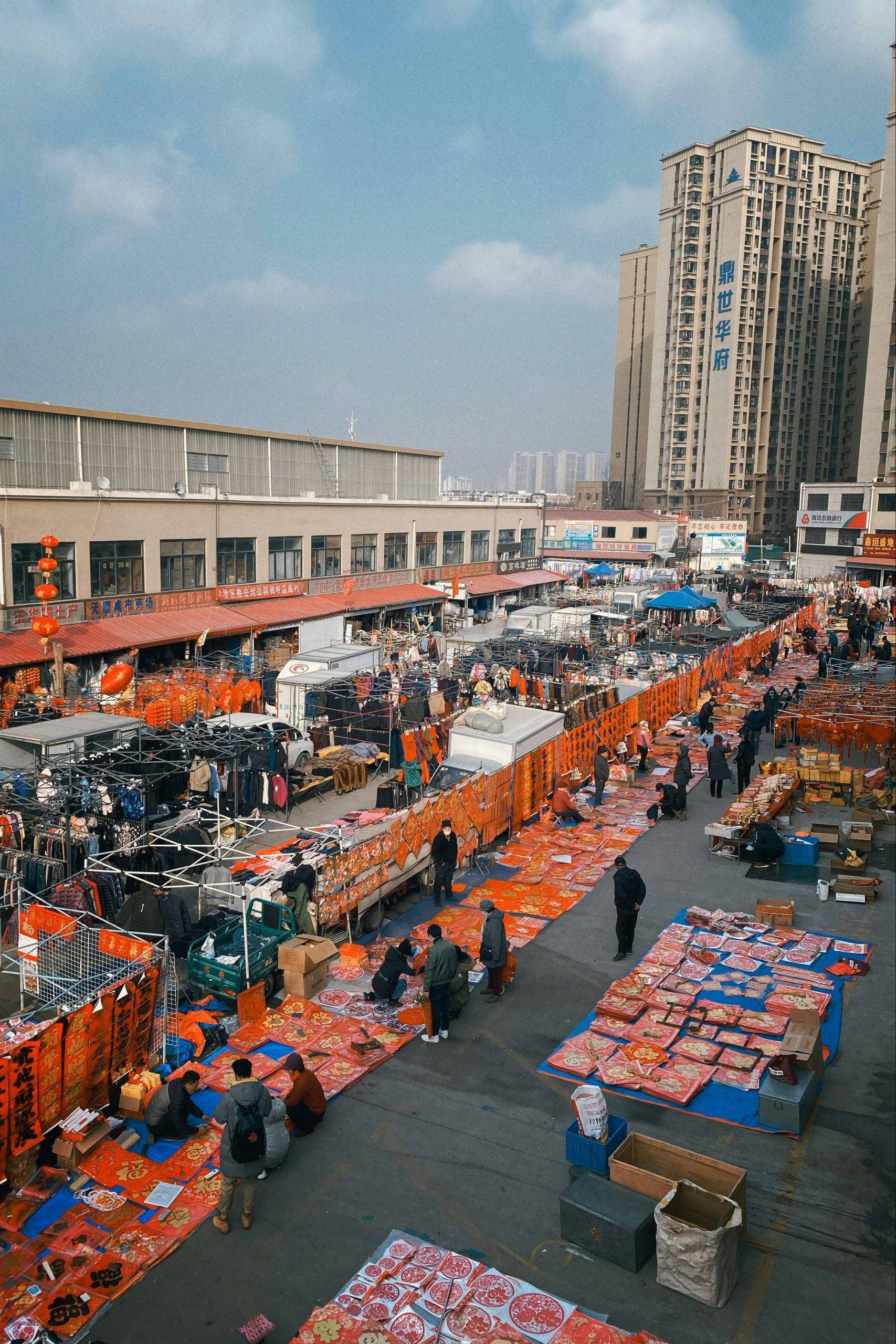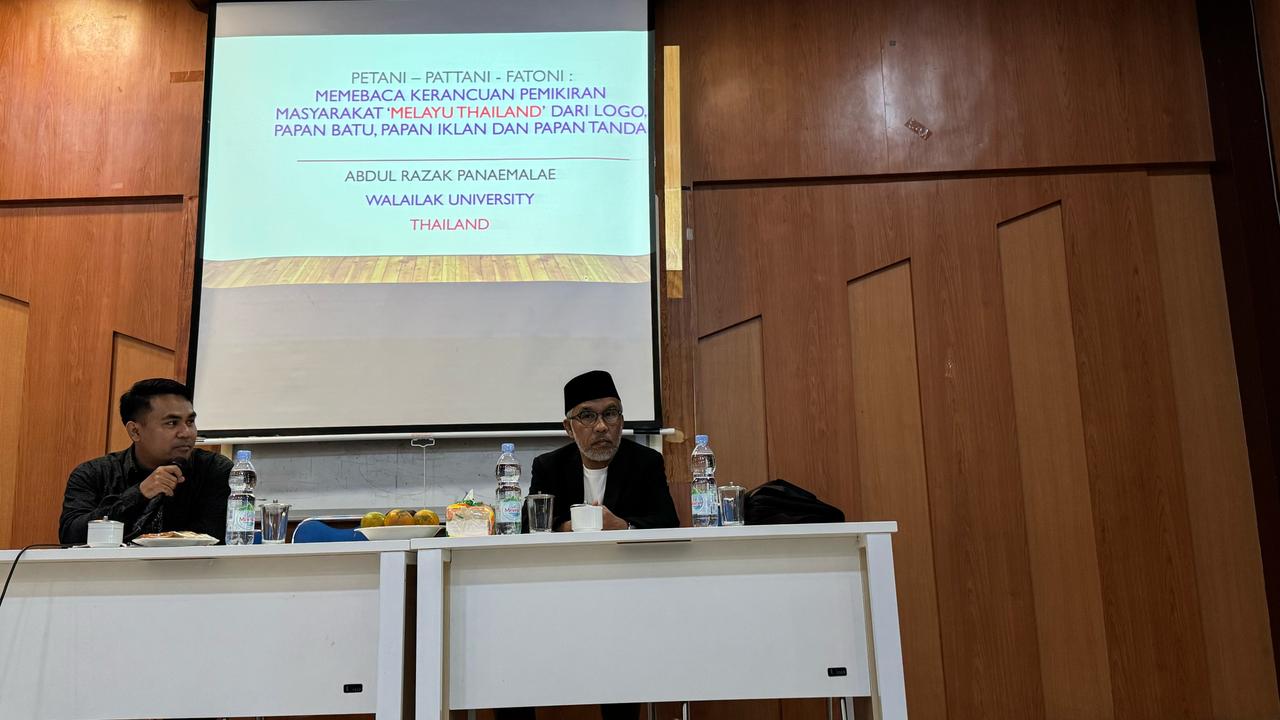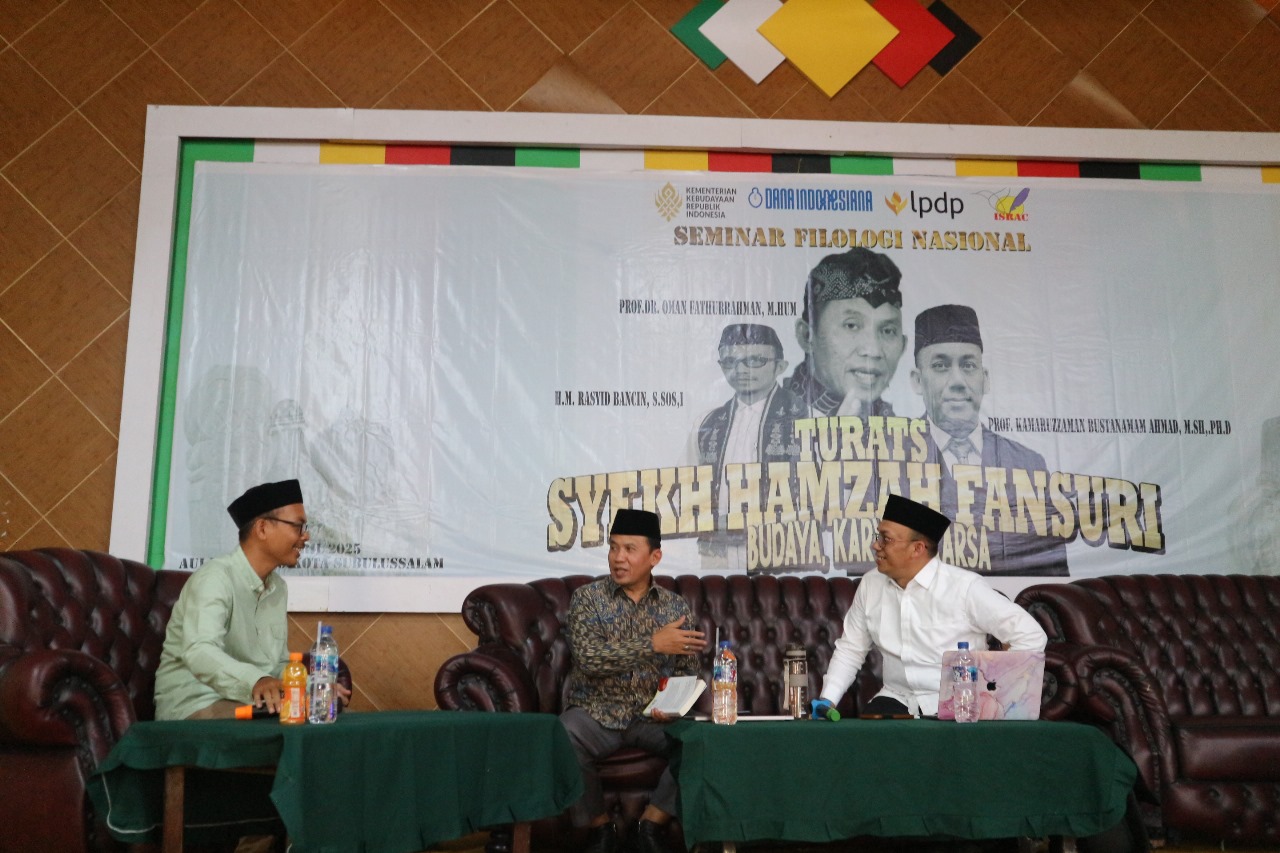This study explores the intentional impacts of the trade war between China and the United States, particularly influenced by recent policy decisions. Previous analyses have illustrated how the public narratives in both countries highlight each other’s vulnerabilities. For instance, there have been discussions in the United States regarding the challenges manufacturing sectors face as workers adapt to evolving economic conditions.
Simultaneously, many factories in China have encountered significant operational hurdles due to a decrease in orders from American consumers. Notably, within the democratic framework of the United States, a robust discourse critiques the aggressive trade policies implemented. In contrast, while China maintains a more controlled approach to public expression, its leadership has effectively conveyed a message of preparedness in the face of adversity, encouraging citizens to remain calm.
The narrative surrounding China’s extensive history—over 5,000 years—underlines the nation’s resilience and ability to navigate challenging circumstances. As such, the repercussions of the current trade dynamics may not be as pronounced for China, given its readiness to address these challenges. Concurrently, Chinese President Xi Jinping is set to embark on a diplomatic visit to ASEAN countries. In contrast, ASEAN nations and other affected states are engaging in negotiations regarding import tariffs, seeking collaborative solutions to navigate the complexities of the trade landscape with Trump’s administration.
President Trump’s direct dialogue style contrasts President Xi Jinping’s typically measured approach. Analysis from Foreign Affairs magazine has shed light on the diplomatic strategies employed by Chinese leaders, revealing their commitment to preparing for a wide range of scenarios, even amid visible pressures from the current situation.
China’s strategy has fostered a degree of global sympathy, bolstered by its robust economic connections across five continents. In contrast, the United States tends to evoke “fear” and “concern” among those hesitant to align with its interests, with China being a notable exception. This global goodwill has empowered China to uphold its position in the face of pressures from the Trump administration. In response to tariff increases, China has consistently engaged in dialogue that ultimately led to its decision to reevaluate imports of American goods.
At the same time, the situation with the iPhone presents an alternative narrative concerning the implications of the trade war. Around 1.5 million iPhones have been shipped from India to the United States, while many may still reside in China. It is still uncertain whether the iPhone has effectively managed the transition of its products out of the Chinese market.
When “made in China” products are offered at lower prices, the ongoing trade war may significantly increase iPhone prices within the U.S. market. The relationship characterized by iPhones being “invented in America” and “made in China” highlights the intricate and interdependent trade ties between the two countries. Recently, Trump’s decision to exclude new tariffs on electronic devices suggests that this trade war will likely have considerable implications for both nations.
The strong work ethic of the Chinese people is widely recognized and commendable. Their unwavering pursuit of objectives reflects a distinct approach that contrasts with the American perspective, which often emphasizes a balance afforded by social security systems. Additionally, the determination of Chinese citizens to fulfill their responsibilities presents a notable difference compared to workforce dynamics in the United States.
The repercussions of tariff policies on the Chinese industry are anticipated to extend over several months, leading to potential delays in the shipment of goods. After approximately 90 days, it is plausible that products will reappear marked as “made in China” but may be distributed through third-party countries.
As a result, China is likely to continue fostering relationships and goodwill, particularly with Southeast Asian nations, to bolster its economic interests. Thus, countries that maintain close ties with China may navigate negotiations with the United States while supporting Chinese priorities.
The current economic landscape is poised to generate several important outcomes. The Chinese government is anticipated to take measures to limit the dissemination of information regarding the ramifications of its economic downturn, particularly if growth slows. Given China’s extensive history of resilience, the repercussions for its citizens may be significant and unprecedented.
On the other hand, the United States faces challenges amid concerns of a potential recession, which could significantly impact its economy. Former President Trump has consistently noted that substantial investments by various companies in America have contributed to an improvement in national income due to the trade war.
Nonetheless, the “daily life” sector, vital to Americans’ daily lives, is also experiencing considerable challenges. The increase in tariffs and subsequent diplomatic tensions have influenced Canadian perceptions, leading to a more cautious approach regarding travel to the U.S. and considerations for long-term relocation.
Additionally, there has been a discernible decline in tourism to the United States. In light of these developments, business leaders need to readjust their strategies in response to the global implications of current policies. While the “Make America Great Again” initiative reflects an aspiration for national renewal, achieving these goals will likely be gradual. If the U.S. aims to enhance its relationship with China, it will require a committed effort over the coming years to reduce reliance on “Made in China” products.
Furthermore, the recent decision to provide a 90-day extension for implementing import tariffs may allow China to engage in more robust negotiations with the U.S. In this context, the strategic approach that combines incentives and firm policies may encourage the United States to seek diversification in its economic partnerships, reducing dependencies on countries with close ties to China.




